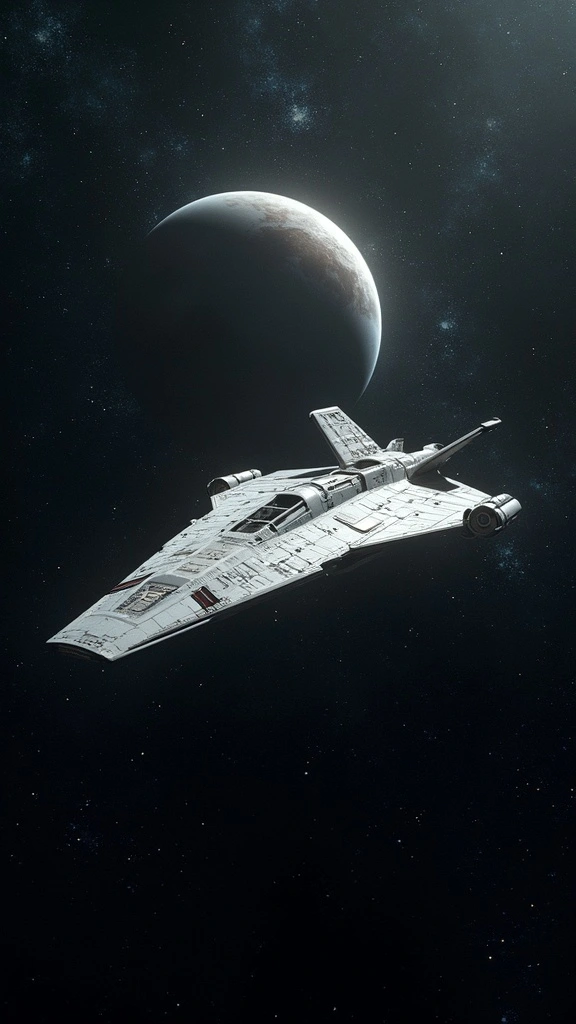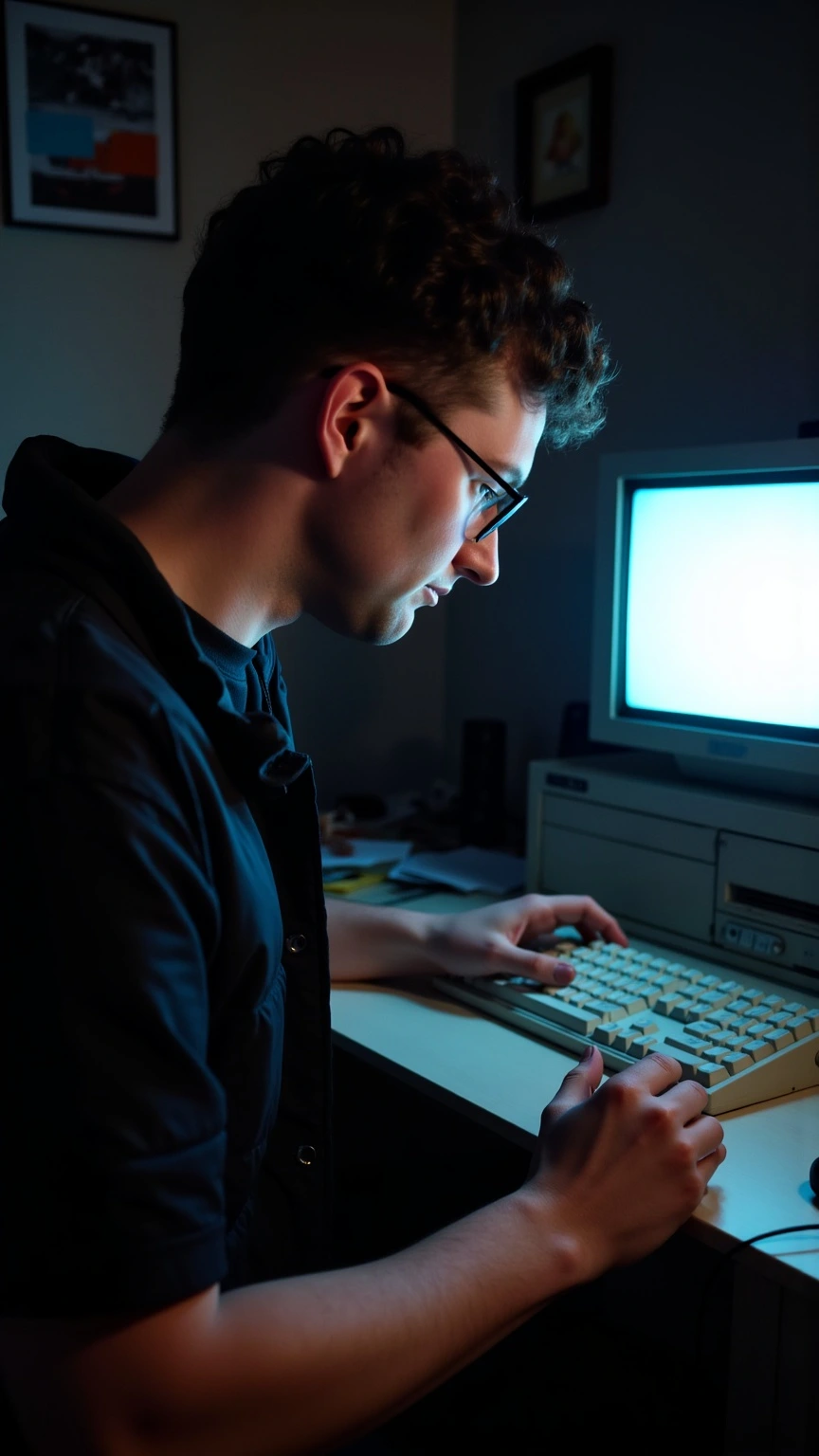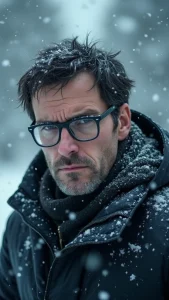When my mind was puzzled by a space odyssey
I couldn’t remember when I watched Stanley Kubrick’s 2001: A Space Odyssey. I remembered the film affecting me in one way or another, but I didn’t remember how. Since only a few plot details remained in my memory, my best guess is that I watched it sometime in the 1980s at the latest.
So, it was about time to revisit what happened the last time I went on a space odyssey. I watched the film, and I now remember what I experienced: I didn’t understand what was going on at all. And, to be honest, I think that’s the whole point. I’ll return to this.
(Featured picture: Being puzzled by a space odyssey. AI-genereated illustration.)
However, we can’t discuss 2001: A Space Odyssey in this day and age without mentioning:
HAL 9000
One part of the film is set on a spaceship en route to Jupiter. Most of the control over the mission is entrusted to the computer HAL 9000. At a certain point, HAL experiences an error—or develops a will of its own—and begins killing the human crew members.
This theme, albeit in a totally different narrative style, was explored in depth in the 1980s in films such as The Terminator and War Games. It’s pretty impressive of Stanley Kubrick and his co-writer, the renowned science fiction author Arthur C. Clarke, to explore this topic already in 1968, when humans still used punch cards to feed data into computers.
Communicating verbally with an artificially intelligent computer must have seemed like, yes, science fiction back then. However, it’s reality today. While I’m still not worried that AI will start killing us, I am concerned that (not too intelligent) people will use it to insult my (not artificial) intelligence by drowning it in (artificially generated) crap.
(By the way, if you don’t know what punch cards are, you can, for instance, ask CHAT-GPT.) 🙂
Okay, but what about the puzzlement?
Yes, I believe the whole point of the film was to leave viewers puzzled. Stanley Kubrick allegedly described it as “a scientific definition of God.” This statement doesn’t leave me less puzzled than watching the film itself.
However, if we think about it, to experience something that leaves the door to our minds half open, puzzled, isn’t this what often happens when we experience true art?
This is opposed to consuming pure entertainment, which often throws chaffs and flares at us abundantly but gives us nothing to ponder in the end.
I sincerely believe we need experiences that slightly off-balance us now and then. After all, we are still intrigued by Mona Lisa’s smile after more than 500 years. These experiences bring us closer to our potential as human beings.
I have, for instance, seen dogs being thrilled by the passive consumption of entertainment on TV. Only humans, as far as I know, can enjoy art.













Post Comment
You must be logged in to post a comment.